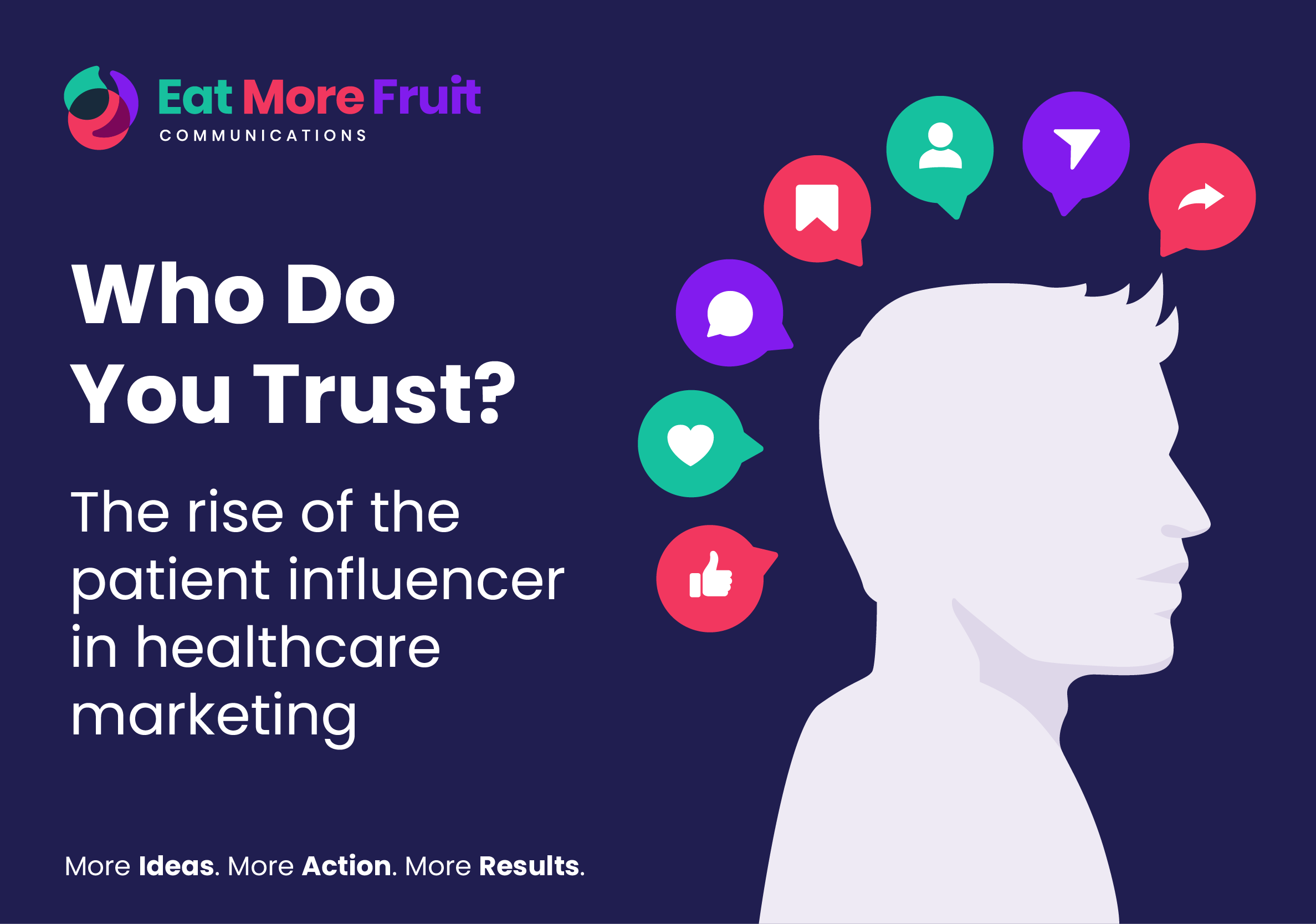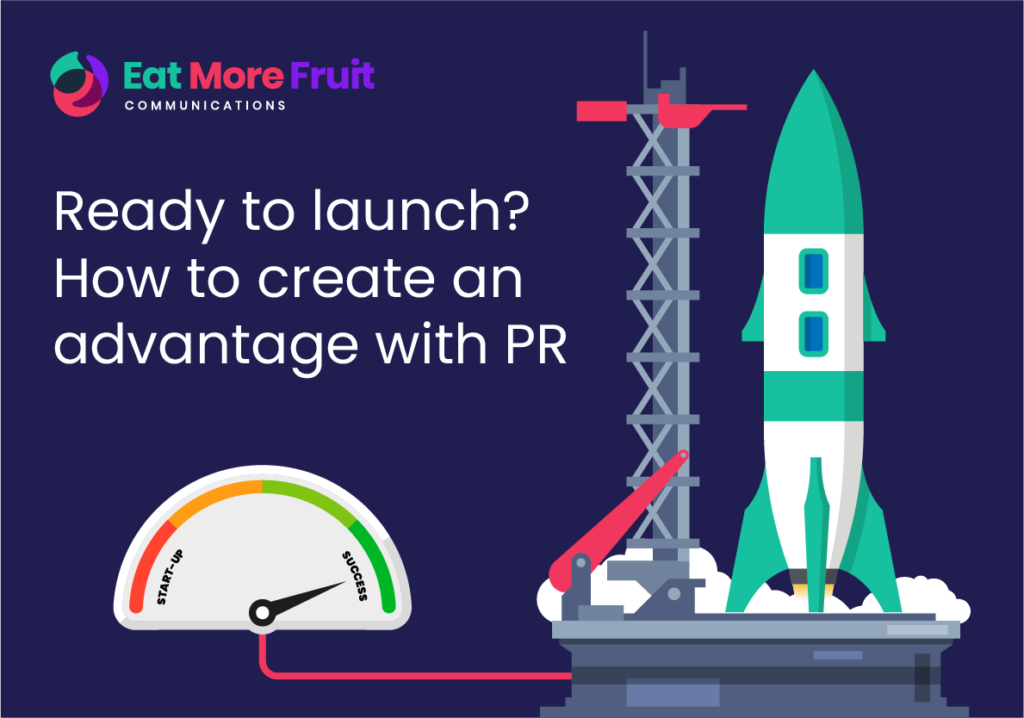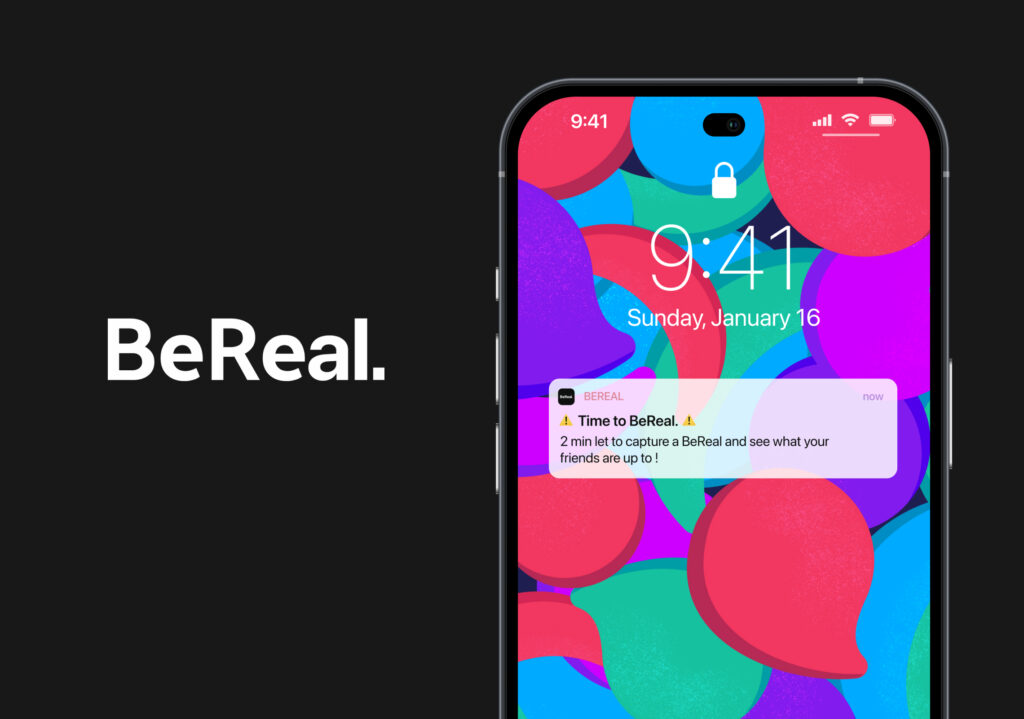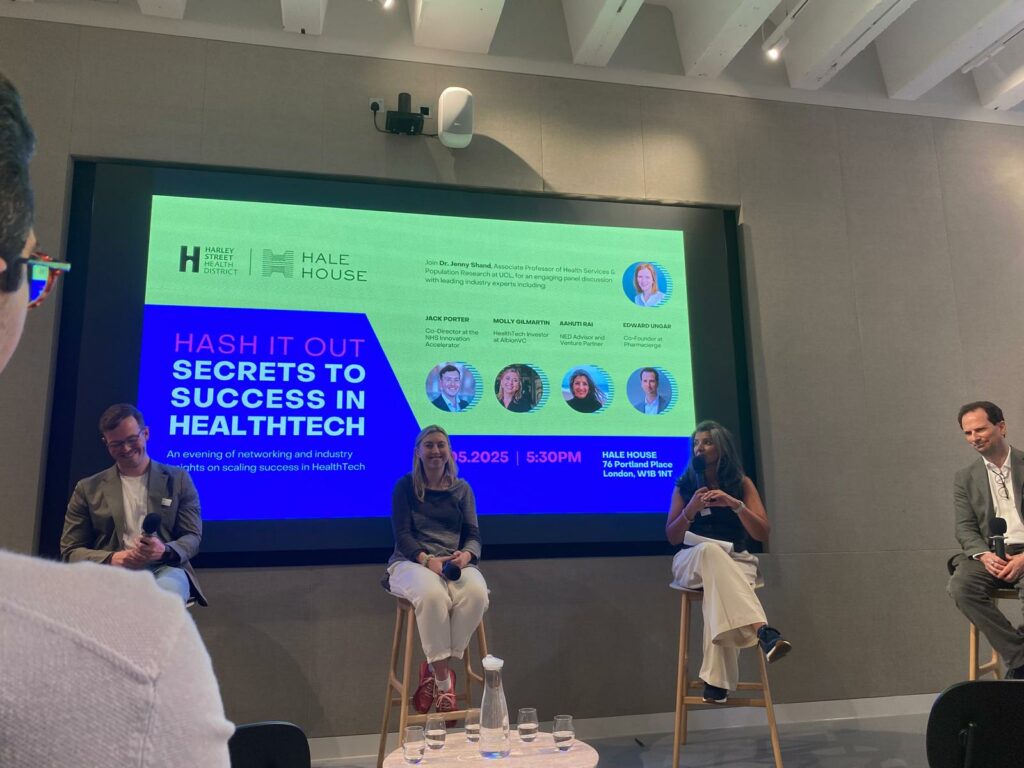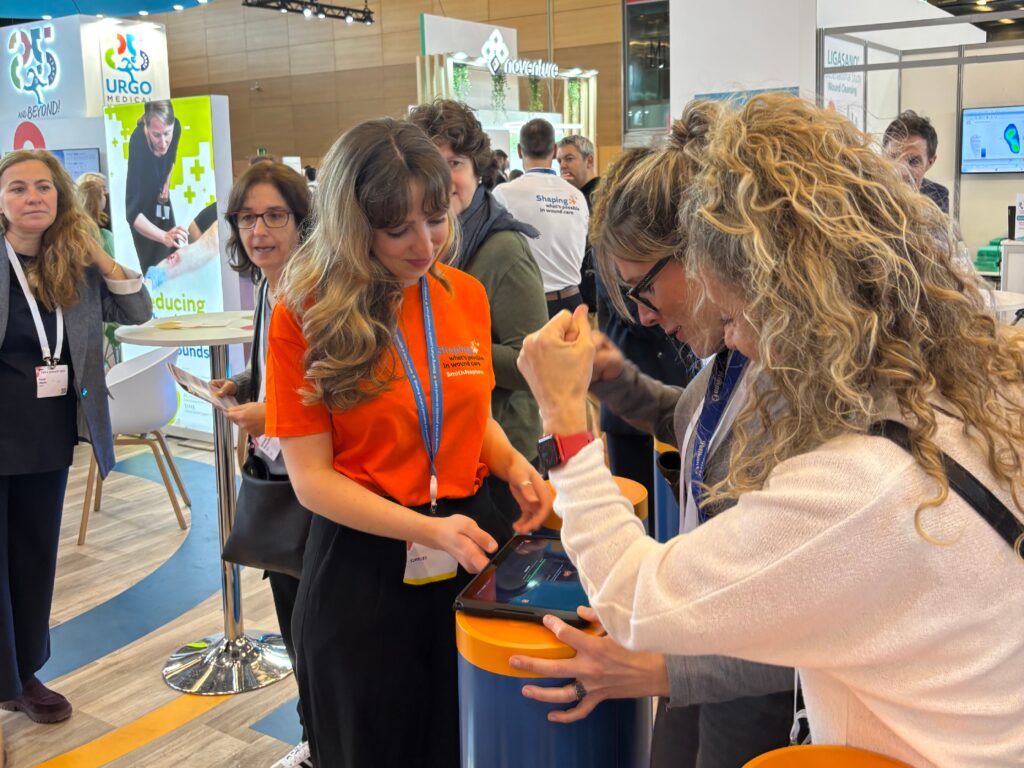With the rise of social media and unregulated content online, there are many conversations about the ethical nature of influencers. Considered a fundamental component of many direct-to-consumer campaigns, the influencer marketing industry reached $16.4b in 2022. Whilst lifestyle influencers are the dominating category, other influencer niches have become more prevalent in recent years such as the patient influencer. The rise of patient influencers in healthcare communication marks a significant shift in how medical information and health narratives are shared and consumed.
Voice of a community
The patient influencer: an individual who has gained a following on social media by speaking out as a voice of their community. These individuals, often navigating their health journeys publicly, have emerged as credible voices, offering insights and support to others facing similar health challenges. Whether a patient has a rare disease, chronic illness, or a common health problem, it is likely that they will spend time online researching and trying to understand their condition. With the unregulated nature of online forums and google pages, these patients seek advice and information that they can trust; this knowledge hub becomes a role played by patient influencers. In sharing their personal stories, these influencers are raising awareness and engaging their online community. A recent WEGO Health survey in the US showed that 14% of patients trust lifestyle influencers. However, 51% trust healthcare patient influencers, and 85% of patients trust a pharmaceutical brand or advert if promoted by a POI (Patient Online Influencer).
Differentiating patient-centric voices
There is a key differentiation between patient-centric influencers and existing influencers who just so happen to be a part of a patient community. The former are influencers dedicated to creating conversation around their disease, often with a smaller, more engaged following. The latter are influencers with an existing audience, which they are able to use to their advantage. It is important to recognise that influence in this realm can enter dangerous territory. For example, during the COVID-19 pandemic there was a hub of misinformation on social media about healthcare and vaccinations. In the rise of TikTok, which gained mass audiences during the pandemic, research by NewsGuard found that almost 20 per cent of search results on the platform yielded misinformation.
Building trust
The key to establishing positive patient influence is authenticity. For example, the late Dame Deborah James who, after her bowel cancer diagnosis, used her platform to raise money and advocate for bowel cancer awareness, exemplifying the profound impact of genuine, heartfelt communication. EatMoreFruit worked with Made In Chelsea’s Millie Mackintosh on a MedTech campaign following her daughter’s birth by C-section; a successful campaign for a global medical device company which engaged and educated patients through authentic storytelling and relatable experiences. We harnessed Millie’s existing network of followers to create legitimacy and advocacy for their brand.
Alternatively, there are condition-specific influencers whose brand is centralised around their condition. Take Shane and Hannah Burcaw – an interabled couple who create content on Instagram and YouTube about Shane’s spinal muscular atrophy, Hannah’s role as his full-time carer, and the way they navigate their married life together.
How can we align with patient influencers for authenticity?
Patient influencers can help healthcare companies to open doors with consumers and promote their product or services. For example, your company can collaborate with patient influencers to create sponsored content that raises awareness about a specific health issue, treatment, or medication. Patient influencers can also provide valuable feedback through focus groups and other market research activities, helping to better understand patient needs and preferences. Additionally, the patient influencer can serve as an advocate for your products or services helping build trust with patients. Working with patient influencers allows you to reach a wider audience and create a more personal connection between them and your brand.
Finding the right patient influencer for your healthcare brand
With patient influencers, it is important that your brand is represented by the right person. With niche communities, this content needs to reach the right audience in order to have the desired impact. Whilst an influencer’s follower-count is important, their engagement rates and audience demographic must also be considered. Moreover, their content style and delivery must align with your brand vision and ethics.
Patient influencers in healthcare PR
As patient influencers continue to shape the healthcare communication landscape, their role in medical marketing and PR becomes increasingly indispensable. By embracing the authentic voices of patient communities, healthcare companies can navigate the complexities of patient engagement with integrity and impact.
Are you considering using an influencer to boost your healthcare marketing? For a conversation around how we can help you find the right patient influencer and execute a hard-hitting campaign, get in touch today.
